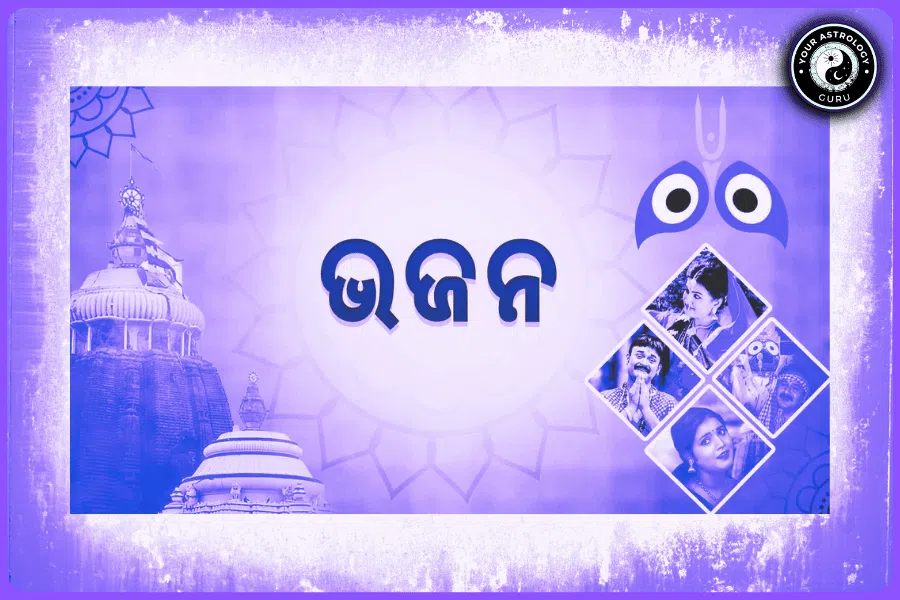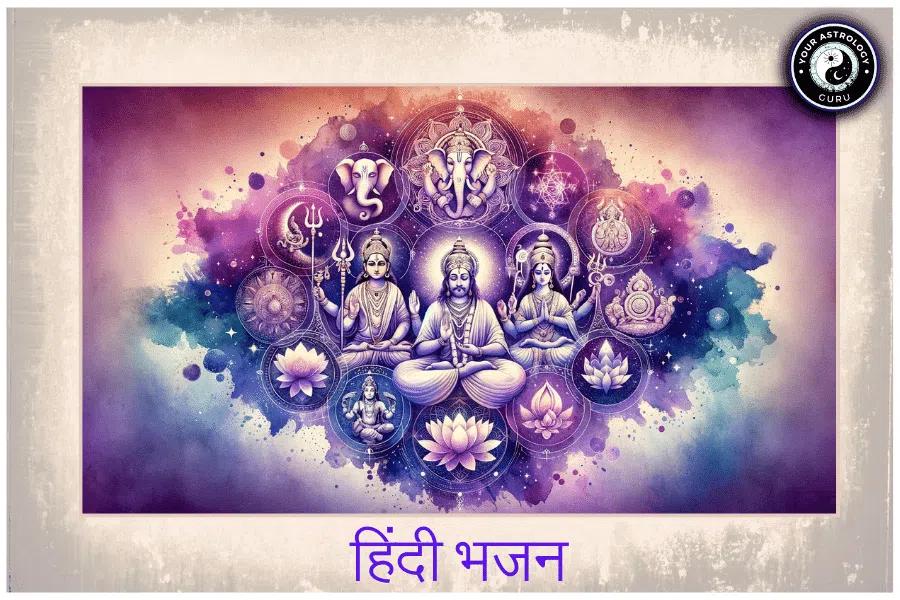The Srimad Bhagwat Geeta, often referred to as the Bhagavad Gita, is a sacred text of Hinduism. It is a 700-verse scripture that is part of the Indian epic Mahabharata. The text is written in the form of a dialogue between Prince Arjuna and Lord Krishna, who serves as his charioteer. The Bhagavad Gita is considered one of the most important texts in Hinduism and has been widely studied and revered for centuries.
The Bhagavad Gita holds great significance in Hinduism and spirituality. It provides guidance on how to live a righteous life, fulfill one’s duties, and attain spiritual enlightenment. The text explores various philosophical concepts and teachings that are relevant to all individuals seeking meaning and purpose in life. It addresses the dilemmas and challenges faced by human beings and offers profound insights into the nature of reality, the self, and the divine.
Table of Contents
Understanding the Purpose of Life
The search for meaning and purpose in life is a universal quest that has intrigued humanity for centuries. People often find themselves questioning the purpose of their existence and seeking answers to life’s fundamental questions. The Srimad Bhagwat Geeta provides profound insights into the purpose of life and offers guidance on how to live a meaningful and fulfilling existence.
According to the teachings of the Bhagavad Gita, the ultimate purpose of life is to attain self-realization and union with the divine. It emphasizes that human beings are not merely physical bodies but also possess an eternal soul or Atman. The text teaches that individuals should strive to realize their true nature as spiritual beings and cultivate a deep connection with the divine.
The Concept of Karma and Reincarnation
The concepts of karma and reincarnation are central to Hindu philosophy and are intricately woven into the teachings of the Srimad Bhagwat Geeta. Karma refers to the law of cause and effect, which states that every action has consequences. It is believed that individuals accumulate karma through their thoughts, words, and deeds, and this karma determines their future experiences and circumstances.
Reincarnation, on the other hand, is the belief in the cycle of birth, death, and rebirth. It is believed that the soul is eternal and takes on new bodies in each lifetime. The Bhagavad Gita teaches that individuals are bound by the cycle of birth and death due to their attachment to worldly desires and ignorance of their true nature.
The Importance of Self-Realization
Self-realization is a key concept in the Srimad Bhagwat Geeta. It refers to the realization of one’s true nature as a spiritual being and the understanding that the self is distinct from the physical body and mind. The text teaches that self-realization is essential for attaining liberation from the cycle of birth and death and experiencing union with the divine.
Self-realization involves transcending the ego and identifying with the eternal soul or Atman. It requires introspection, self-reflection, and a deep understanding of one’s true nature. The Bhagavad Gita provides guidance on how to attain self-realization through various spiritual practices such as meditation, self-discipline, and selfless service.
The Role of Meditation in Spiritual Growth
Meditation plays a crucial role in spiritual growth according to the Srimad Bhagwat Geeta. It is considered a powerful tool for calming the mind, cultivating inner peace, and attaining self-realization. The text emphasizes the importance of regular meditation practice in order to quiet the mind, control the senses, and connect with the divine.
Meditation allows individuals to go beyond the limitations of the physical body and mind and experience a deeper level of consciousness. It helps in developing concentration, mindfulness, and self-awareness. The Bhagavad Gita teaches that through meditation, individuals can attain a state of union with the divine and experience inner bliss and peace.
The Power of Devotion and Surrender
Devotion and surrender are important concepts in the Srimad Bhagwat Geeta. Devotion refers to a deep love and reverence for the divine, while surrender involves letting go of the ego and placing complete trust in the divine will. The text teaches that through devotion and surrender, individuals can develop a deep connection with the divine and experience spiritual growth.
Devotion involves offering prayers, performing rituals, and engaging in acts of service to the divine. It is considered a powerful means of purifying the mind and cultivating love and compassion. Surrender, on the other hand, involves letting go of attachment to outcomes and surrendering one’s actions to the divine will. It is believed that through surrender, individuals can overcome their ego and experience a sense of peace and contentment.
The Significance of Dharma in Life
Dharma is a central concept in Hinduism and plays a significant role in the Srimad Bhagwat Geeta. Dharma refers to one’s duty or righteous path in life. It encompasses moral and ethical principles that guide individuals in their thoughts, words, and actions. The Bhagavad Gita emphasizes the importance of following one’s dharma in order to live a meaningful and fulfilling life.
Following dharma involves fulfilling one’s responsibilities and duties without attachment to the results. It requires acting with integrity, honesty, and compassion. The text teaches that by following dharma, individuals can lead a righteous life, contribute to the well-being of society, and attain spiritual growth.
The Path to Liberation and Enlightenment
The Srimad Bhagwat Geeta provides guidance on the path to liberation and enlightenment. It teaches that liberation from the cycle of birth and death can be attained through self-realization and union with the divine. The text emphasizes the importance of spiritual practices such as meditation, self-discipline, and selfless service in order to attain liberation.
The path to liberation involves transcending the limitations of the physical body and mind and realizing one’s true nature as a spiritual being. It requires letting go of attachment to worldly desires and cultivating a deep connection with the divine. The Bhagavad Gita teaches that through self-realization and union with the divine, individuals can attain liberation from suffering and experience eternal bliss.
The Role of Action in Life
The concept of action is central to the teachings of the Srimad Bhagwat Geeta. The text emphasizes the importance of taking action in life and fulfilling one’s duties without attachment to the results. It teaches that individuals have a responsibility to perform their duties to the best of their abilities, but they should not be attached to the outcomes.
The Bhagavad Gita teaches that individuals should act selflessly, without seeking personal gain or recognition. It emphasizes that individuals should perform their actions as an offering to the divine, without attachment to the fruits of their actions. The text teaches that by performing actions in this manner, individuals can attain spiritual growth and cultivate a sense of inner peace and contentment.
The Concept of Maya and Illusion
The Srimad Bhagwat Geeta explores the concept of maya, which refers to the illusionary nature of the material world. Maya is believed to be a veil that obscures one’s true nature and creates a sense of separation from the divine. The text teaches that individuals are often deluded by maya and become attached to worldly desires and possessions.
Understanding maya is essential for attaining self-realization and liberation from suffering. The Bhagavad Gita teaches that by recognizing the illusory nature of the material world and cultivating detachment, individuals can transcend maya and experience a deeper understanding of reality. It emphasizes the importance of seeing beyond the surface level of existence and realizing the eternal nature of the self.
Living a Meaningful and Fulfilling Life with Srimad Bhagwat Geeta
In conclusion, the Srimad Bhagwat Geeta offers profound insights into the purpose of life, the nature of reality, and the path to spiritual enlightenment. It provides guidance on how to live a meaningful and fulfilling existence by cultivating self-realization, practicing meditation, developing devotion and surrender, following dharma, taking action without attachment, and transcending the illusionary nature of the material world.
By studying and applying the teachings of the Bhagavad Gita, individuals can attain spiritual growth, cultivate inner peace and contentment, and experience a deep connection with the divine. The text offers timeless wisdom that is relevant to individuals from all walks of life and provides a roadmap for living a righteous and fulfilling life.
















